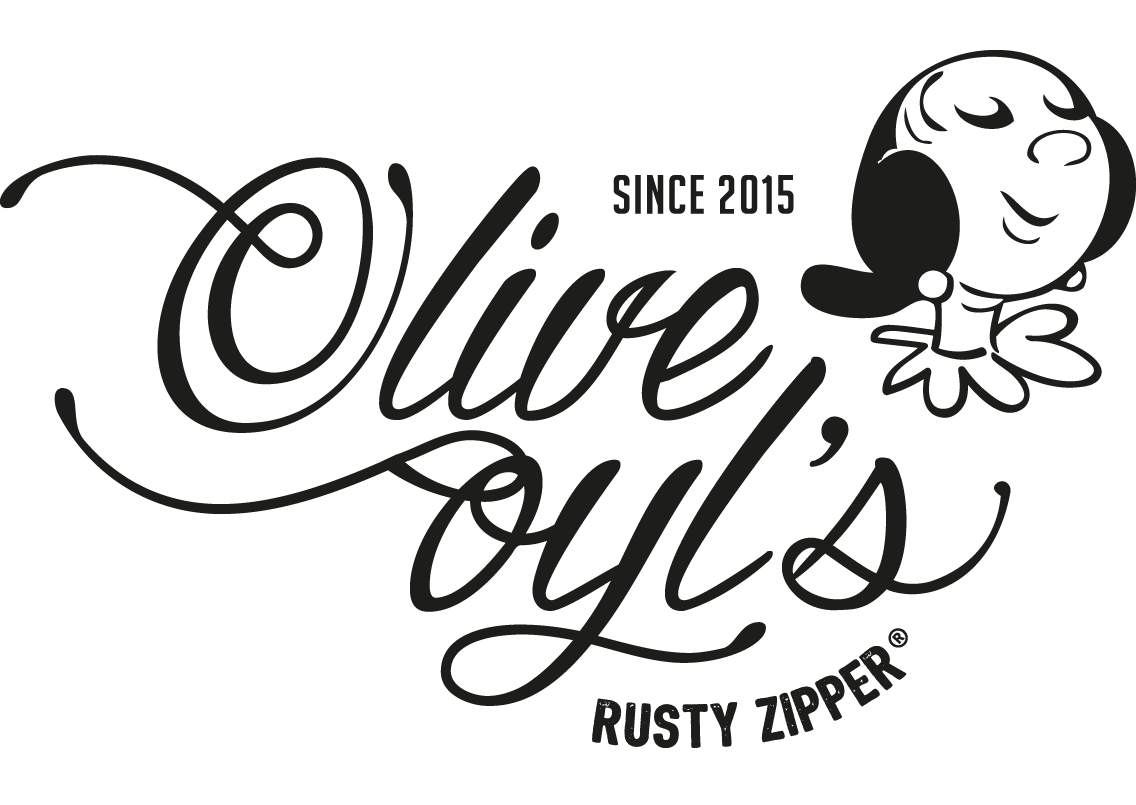Title
After Holland – Groningen as
test case for autonomy
Date
2015-2016
Type
Research Project HPM
Location
Groningen
Programme
Urban Research
Status
Finished
Mentor
Wouter Vanstiphout
Different ways and different scales of dependency can be noticed in the region of Groningen. First of all, Groningen was and still is dependent on the Dutch State, because of its ‘victim position’. Thus, the area received ‘compensation money’. Besides, the hinterland surrounding the city of Groningen has been dependent on this city in the past and even today one can still observe the effects of this dependency. In addition, even a single family in Groningen is dependent on the Dutch Sate.
Today we can see the retreat of the state sector in Europe. The political aspiration to provide, control and own large parts of the economy and social ideals is declining. Simultaneously, such conditions bring a potential for new kinds of autonomies to emerge. In this context and in the setting of Groningen – where there are different levels of dependency and distrust – speculative, possible scenarios or utopias for different autonomies on different scales haven been investigated. Groningen could be a test case for independency and be a model for other areas. However, there must be acknowledged that new autonomies simultaneously come with new dependencies.
